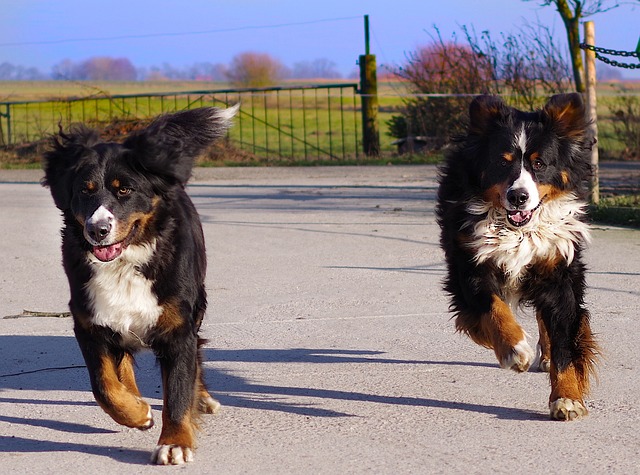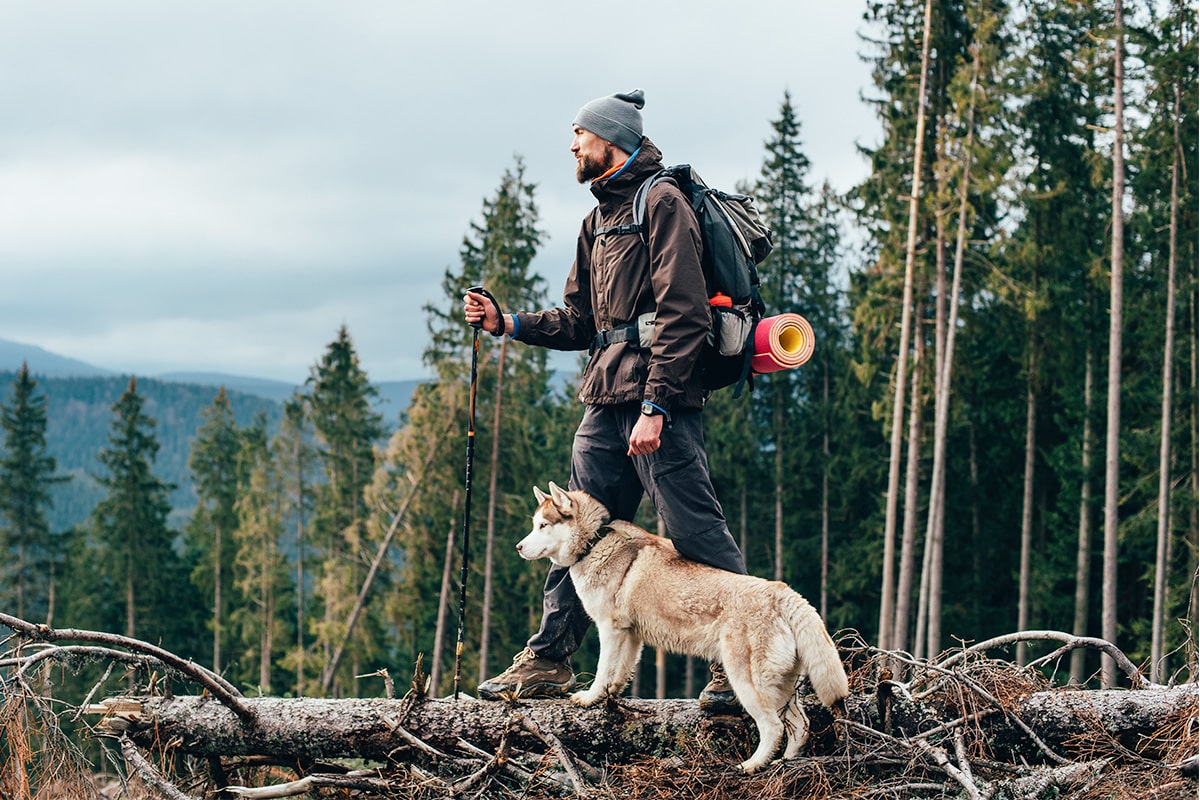Many pet owners wonder if dogs can safely eat mulberries, especially when the berries are in season. Mulberries are a common topic of concern when it comes to feeding dogs human foods.
Mulberries can offer health benefits to dogs when served properly, but they also carry some risks. Understanding both the benefits and hazards is important before adding mulberries to your dog’s diet.
Can Dogs Eat Mulberries?
Yes, ripe mulberries are generally safe for dogs to eat in moderation. The American Society for the Prevention of Cruelty to Animals (ASPCA) officially lists mulberry trees as non-toxic to dogs, cats, and horses. This classification covers the entire plant, including the fruit, leaves, and bark.
Feed mulberries to dogs only in moderation. Treats and snacks, including mulberries, should make up no more than ten percent of a dog’s daily calories. The rest of your dog’s nutrition should come from complete dog food.
Only feed ripe, fresh mulberries to dogs. Proper preparation and serving are important for safety. Unripe or improperly stored mulberries can be harmful.
Nutritional Breakdown: What Mulberries Offer Your Dog
Mulberries are about 88 percent water and 10 percent carbohydrates. One cup of fresh mulberries contains around 60 calories, making them a low-calorie treat for dogs.
Mulberries provide vitamin C, which supports immune function, and vitamin K, which helps with blood clotting and bone health. They also contain smaller amounts of vitamin A and vitamin E.
Mulberries contain iron, which supports red blood cell production, as well as calcium, potassium, and magnesium for bone, heart, and muscle health.
Key Health Benefits: Fiber, Antioxidants, and Immunity
The fiber in mulberries can help regulate a dog’s digestion and support gut health when fed in small amounts.
Mulberries contain anthocyanins, resveratrol, and other antioxidants. These compounds help protect cells from damage and may support immune health.
Resveratrol in mulberries may support heart health, though most research is based on human studies.
Potential Risks: Why You Must Serve Mulberries Carefully
Mulberries can be risky for dogs if not prepared and served correctly. Knowing the hazards is important for safety.
The Danger of Fermentation (The ‘Boozy Berry’ Risk)
Fermented mulberries are dangerous for dogs. When mulberries sit on the ground, they can ferment and produce alcohol, which is toxic to dogs.
Even small amounts of alcohol can poison dogs. Signs of alcohol poisoning include vomiting, diarrhea, loss of coordination, trouble breathing, tremors, and in severe cases, coma or death.
Toxicity from alcohol can occur at low doses, especially in small dogs. Even a small amount of fermented fruit can be dangerous.
Unripe Mulberries and Other Plant Parts
Unripe mulberries contain compounds that can cause hallucinations and stomach upset in dogs. The white sap in unripe berries and other parts of the plant is mildly toxic.
Leaves, stems, and bark of mulberry trees are not highly toxic but can cause digestive upset if eaten in large amounts. It is best to avoid feeding these parts to dogs.
Managing Portion Size and Stomach Upset
Too many mulberries can cause stomach upset, diarrhea, and gas in dogs due to their sugar and fiber content.
Dogs with sensitive stomachs may develop loose stools even from small amounts of mulberries. High fiber can have a laxative effect if overfed.
The Choking and Seed Risk
Mulberries can be a choking hazard for small dogs or those who eat quickly. The seeds are small and usually not a problem, but eating many berries may cause mild digestive discomfort.
Mulberries do not have large pits or seeds, so obstruction risk is low. Always supervise your dog when giving treats.
How to Safely Feed Your Dog Mulberries (A Step-by-Step Guide)
Prepare and serve mulberries properly to keep your dog safe.
The Proper Preparation Method
Step 1: Use only fully ripe mulberries that are dark purple, red, or black. The berries should be plump and soft. Do not use green, hard, moldy, or decayed berries.
Step 2: Wash mulberries thoroughly under cool water to remove dirt and contaminants. Always wash, even if picked from your own tree.
Step 3: Remove stems, leaves, and damaged berries. Check that all berries are ripe and not fermented.
Step 4: Do not use mulberries that have fallen to the ground, as they may have started to ferment.
Recommended Serving Size
Serving size depends on your dog’s weight. Follow the ten percent treat rule.
Tiny Dogs (under 10 pounds): 1-2 mulberries maximum per day
Small Dogs (10-25 pounds): 2-5 mulberries maximum per day
Medium Dogs (25-60 pounds): 5-8 mulberries maximum per day
Large Dogs (60-90 pounds): 8-12 mulberries maximum per day
Giant Dogs (over 90 pounds): 10-15 mulberries maximum per day
Serve mulberries only as occasional treats. Start with a small amount to check your dog’s tolerance.
Creative Ways to Serve Mulberries
Freeze ripe mulberries in ice cube trays with water for a cool treat. This slows down eating and lowers choking risk.
Mix a few mulberries with plain, unsweetened yogurt if your dog tolerates dairy. This adds probiotics and calcium.
Use individual mulberries as training treats for short sessions.
Place a few mulberries in puzzle toys for mental stimulation.
Mulberry vs. Other Berries: A Quick Comparison
Comparing mulberries to other fruits helps show their nutritional value and safety.
| Mulberries | Safe when ripe | High vitamin C, iron, antioxidants | Fermentation risk, unripe toxicity |
| Blueberries | Very safe | Antioxidants, vitamin K | Minimal; choking risk for small dogs |
| Strawberries | Safe | Very high vitamin C | Higher sugar content |
| Blackberries | Safe | Fiber, antioxidants | Seeds may cause mild stomach upset |
| Grapes | EXTREMELY TOXIC | None – avoid completely | Kidney failure, death |
The comparison with grapes is particularly important. While mulberries are generally safe, grapes and raisins are among the most toxic foods for dogs, causing rapid kidney failure even in small amounts. Never confuse the two or assume that because one small fruit is safe, another similar-looking one will be.
Mulberries have more vitamin C than blueberries but less than strawberries. They contain more iron than most berries, which may help dogs with mild anemia if recommended by a veterinarian.
Emergency Action Plan: What to Do If Your Dog Overeats
If your dog eats too many mulberries or unripe or fermented berries, take these steps.
For Mild Overindulgence (too many ripe berries):
- Monitor for digestive upset, including vomiting, diarrhea, or excessive gas.
- Ensure access to fresh water to prevent dehydration.
- Withhold food for 12-24 hours if vomiting occurs, then gradually reintroduce bland food.
- Contact your veterinarian if symptoms persist beyond 24 hours.
For Consumption of Unripe/Fermented Berries – Seek Immediate Veterinary Care if you observe:
- Disorientation, confusion, or unusual behavior (potential hallucinations)
- Loss of coordination or stumbling
- Excessive drooling
- Repeated vomiting
- Lethargy or unusual sleepiness
- Any signs of alcohol intoxication
Emergency Protocol:
- Don’t wait – call your veterinarian or emergency animal hospital immediately.
- Note the time and estimated quantity consumed.
- Bring a sample of the berries if possible.
- Follow veterinary instructions – they may recommend inducing vomiting or bringing your dog in immediately.
- Don’t attempt home treatments without professional guidance.
Act quickly if you suspect toxicity. When in doubt, contact your veterinarian for advice.
Mulberries can be a healthy treat for dogs when served ripe, fresh, and in small amounts. Avoid unripe and fermented berries, and always keep portion sizes small. Mulberries should not replace complete dog food.
Responsible pet owners should know both the benefits and risks of any treat. When served properly, mulberries can add variety and nutrition to your dog’s diet.
Key Takeaways:
- Ripe mulberries are safe for dogs when served fresh and in moderation, following the 10% treat rule.
- Never feed unripe (green) mulberries – they contain compounds that can cause hallucinations and stomach upset.
- Avoid ground or fermented berries completely due to the alcohol content that can poison dogs.
- Proper serving sizes range from 1-2 berries for tiny dogs up to 10-15 for giant breeds, served occasionally.
- Mulberries provide vitamin C, iron, and antioxidants that can support immune function and overall health.
- Always wash berries thoroughly and remove stems, leaves, or damaged fruit before serving.
- Contact your veterinarian immediately if your dog shows signs of toxicity or consumes unripe/fermented berries.




















 English (US) ·
English (US) ·